Today, the European Union can be seen, on one hand, as the result of a consensus between federalists and intergovernmentalists. On the other hand, it is viewed as an overregulated, intensely bureaucratic, partly supranational and asymmetrical political structure.
Now facing unprecedented challenges both domestically and globally, the EU must act urgently to reclaim its position as a global competitor and ensure internal stability. This will require bold geopolitical action, strategic policymaking and the adoption of inclusive, rational decision-making systems.
What are the most pressing issues currently facing the EU? And what changes or alternative policies could shift the union from a passive global observer to an active player, while fostering greater internal stability?
Major issues of EU
The most pressing challenge the EU has faced in recent years is Russia’s escalating security threat, which has been evident since 2007. It began with the conflicts in Northern Ossetia and Abkhazia, where Russia directly supported the annexation process and their independence, while undermining Georgia’s territorial sovereignty and integrity. The threat intensified with Russia’s annexation of Crimea in 2014 and its violation of Ukrainian sovereignty. It has culminated in the ongoing full-scale invasion of Ukraine, launched in 2022, in which international law is being openly violated and the Geneva Conventions disregarded.
The second major challenge is the shifting relationship with the U.S. Under President Donald Trump, the historic cohesion between the U.S. and the EU deteriorated significantly. With a confrontational approach, Trump and his administration amplified existing disagreements. NATO became a forum for tense negotiations, particularly over funding and the alliance’s collective stance toward Russian threats. Diverging views also emerged on issues such as technology and freedom of speech. While the U.S. views China as a major threat to its leadership in artificial intelligence, the EU does not share the same sense of urgency. In addition, trade tensions – fueled by tariffs – have signaled a shift from economic interdependence to a more adversarial phase.
However, China – through its vast global economic influence and rapid advances in AI – is increasingly challenging the EU’s already passive, overregulated and less competitive common market. This growing influence is evident in China’s strategic investments in numerous European ports and its continued push for involvement across various industries. By heavily leveraging the Belt and Road Initiative (BRI) to finance large-scale projects in Europe, China is positioning itself as a direct competitor to the European Investment Bank, the International Monetary Fund (IMF) and the World Bank.
A fourth major challenge facing the EU is the combination of high levels of illegal migration and economic decline, which has created fertile ground for the rise of far-right and populist political parties. These movements are not only openly questioning the EU’s future but are also steadily gaining ground in domestic politics across several member states, including Germany, France, Italy, Hungary, Slovakia and others. As a result, the political composition of the European Parliament is undergoing significant change.
Given that the last enlargement of the EU ended with Croatia’s accession in 2013, the continued exclusion of Western Balkan states and Türkiye from full membership has created a significant vacuum in the region. As a result, global powers such as China and Russia are actively working to fill that gap through political, ideological and economic means.
Lastly, the EU’s failure to stand alongside the victims in Palestine and to take action to stop the ongoing genocide, collective punishment and forcible displacement of civilians carried out by Israel represents a major failure that profoundly undermines all EU and European political values regarding human rights, international law and international agreements and conventions.
New approaches, responses
The EU must recognize that security threats from Russia cannot be countered solely through heavy investment in military equipment. Russia has maintained a consistent military buildup for decades and has more experience, given its direct involvement in multiple invasions. Instead, the EU should reconsider its energy policies and prioritize investment in alternative gas pipeline projects through Central Asian states, Azerbaijan and Türkiye – key regional partners.
Such a strategy would undermine Russia’s economic strength by reducing its petrodollar revenue and potentially curbing its military ambitions. It would also enable the EU to diversify its energy sources, access cheaper gas, and strengthen its economy to compete more effectively globally. Additionally, this move would elevate Azerbaijan’s role in EU negotiations, decrease Central Asian states’ dependence on Russia, and position the EU as a more attractive political and economic partner. Türkiye, as a major regional power, could also serve as a crucial link to the Balkans – making regional political and economic stability essential.
The EU must also recognize that, for the U.S., China – not Russia – is the biggest threat. The U.S. views China as its primary competitor in the global economy and artificial intelligence, which raises concerns about security and data protection. With this in mind, the EU should reassess its policies toward China. Rather than treating China as a normal economic competitor, the EU should align more closely with its key Western ally, the U.S., and coordinate policies.
While China continues to grow economically, it does so without upholding democratic political values, a situation that requires careful and ongoing monitoring. Such alignment would also strengthen efforts to convince Trump and his government that Russian President Vladimir Putin and Russia pose a genuine threat to EU interests and territorial integrity. Moving forward, the EU and U.S. should work to resolve tariff disputes and promote a more authentic and complex economic interdependence.
The EU has been overly passive in competing with newly emerging economies, particularly China. To address this, substantial investment in AI technology is essential, and this can only be achieved in close partnership with the U.S. and other allies. Furthermore, there is an urgent need to deregulate and reduce bureaucracy in the economy, which would enhance competitiveness and make the common market more resilient and dynamic. New directives are also urgently needed to attract researchers, students, and seasonal workers, thereby reversing brain drain and strengthening the EU’s human capital. Highly qualified individuals rarely compete for standard jobs; instead, they create new industries, meaning EU citizens and their jobs are not at risk. Greater economic stability and improved welfare will significantly weaken the appeal of far-right political figures, causing populism to decline in a systemic manner.
When it comes to the enlargement process, candidate states have struggled to meet all the criteria set by EU institutions due to various internal political, economic and social challenges. The principle of unanimity and the use of veto power have created a significant vacuum and an unbearable asymmetry for candidate states, such as North Macedonia’s disputes with Greece and Bulgaria. Additionally, ad hoc changes to the EU’s accession methodology – like those involving France’s stance on North Macedonia and Albania – have further complicated the process and contributed to negative shifts in public opinion in countries like North Macedonia and Serbia.
In times of major power vacuums and dramatic shifts in global politics, employing the qualified majority voting system would be an ideal way to accelerate enlargement. Including the Western Balkans and Türkiye in the EU would not only benefit those countries but also help close strategic gaps related to foreign influence from China and Russia. Moreover, it would play a crucial role in preventing future conflicts in the Balkans.
The EU should act as a moral agent by upholding and respecting international law, the decisions of the International Criminal Court (ICC) and the International Court of Justice (ICJ) and the Geneva Conventions – actively contributing to peace settlements and preventing warfare not only in its own region but globally. Therefore, taking a more active role in addressing the conflict between Israel and Palestine, and accelerating the roadmap proposed by Türkiye, Slovenia, Spain, Norway, Ireland, and, most recently, France, could make a significant contribution toward ending the ongoing genocide and the bloodshed of innocent civilians.
If the EU implements these changes promptly, it will undoubtedly be perceived as a proactive global player, maintaining its position in international affairs and contributing to global stability. If not, it risks remaining stuck in its current status quo – relegated to a passive global role and increasingly vulnerable to internal deterioration, which could severely impact the already fragile global order.

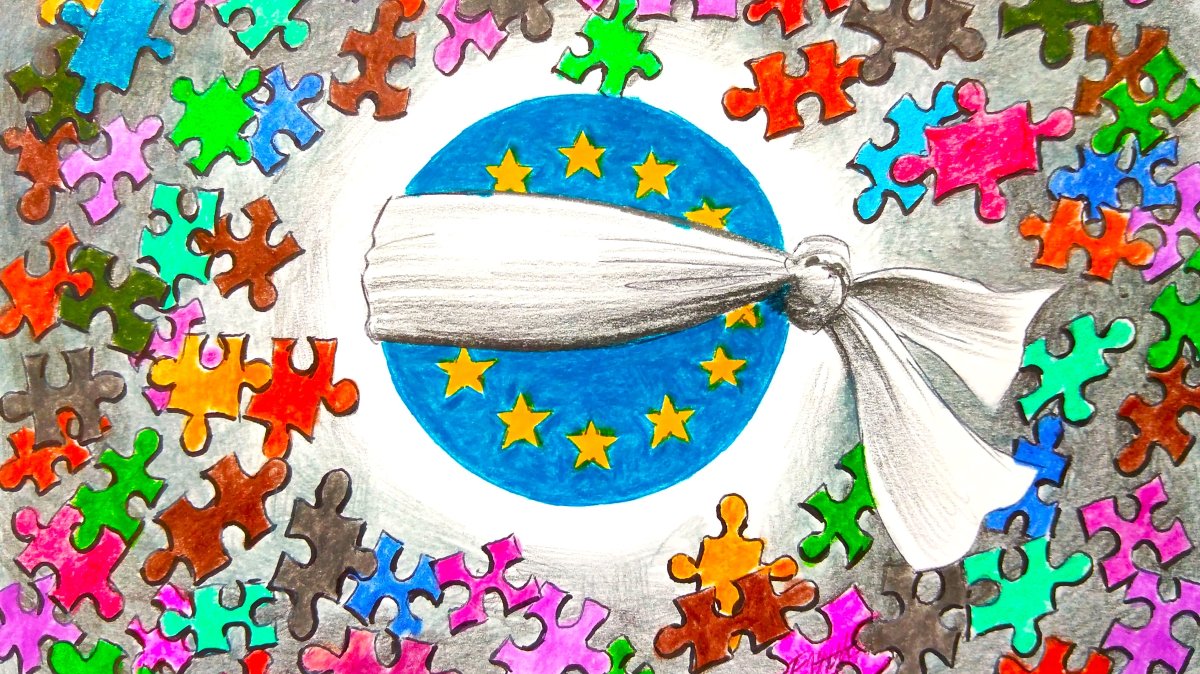
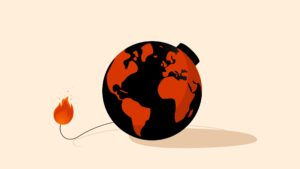


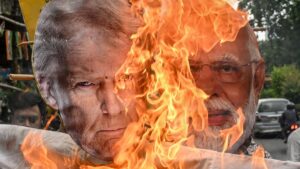
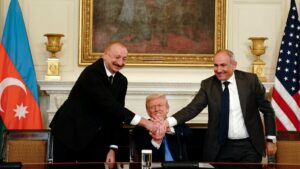


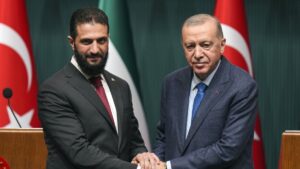





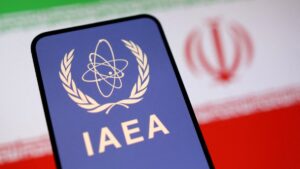
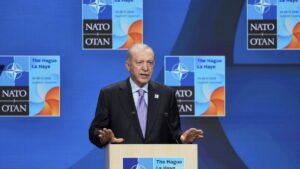
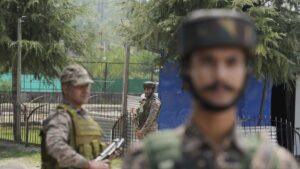


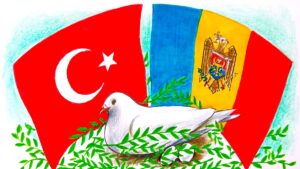





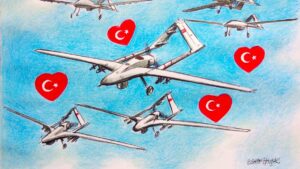


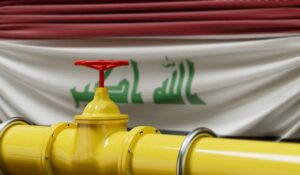
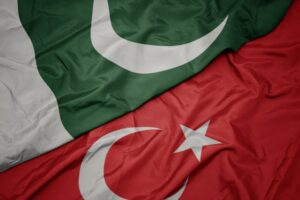
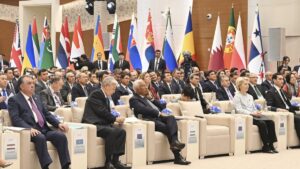
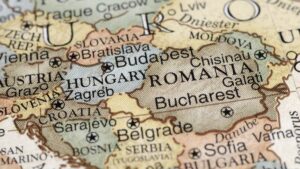



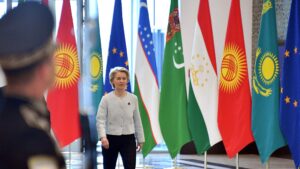

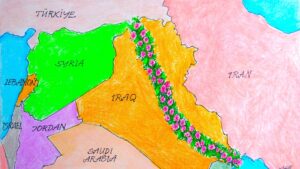



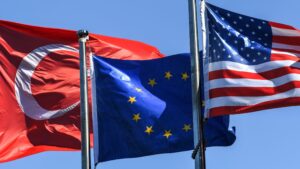
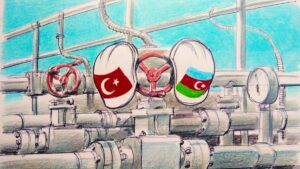



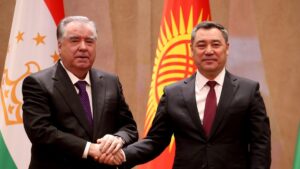
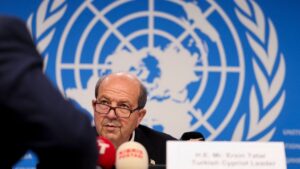
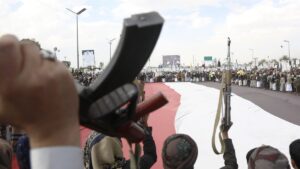


Be First to Comment